Pterostilbene Vs Resveratrol: The Great Grape Battle For The Crown Of Anti-Aging Nutrients!
Get ahead of the aging game with the the ultimate anti-aging power duo - Pterostilbene Vs Resveratrol - the antioxidants of the future!
If you're interested in anti-aging nutrients, then you've probably heard of pterostilbene and resveratrol. These two plant-based substances have been getting a lot of attention lately for their potential to help improve health and prevent age-related decline.
The health benefits of grapes have been known for centuries. But which of these incredible compounds found in grapes is better for you - pterostilbene or resveratrol? Let's take a closer look at each of these anti-aging nutrients to see which one comes out on top.
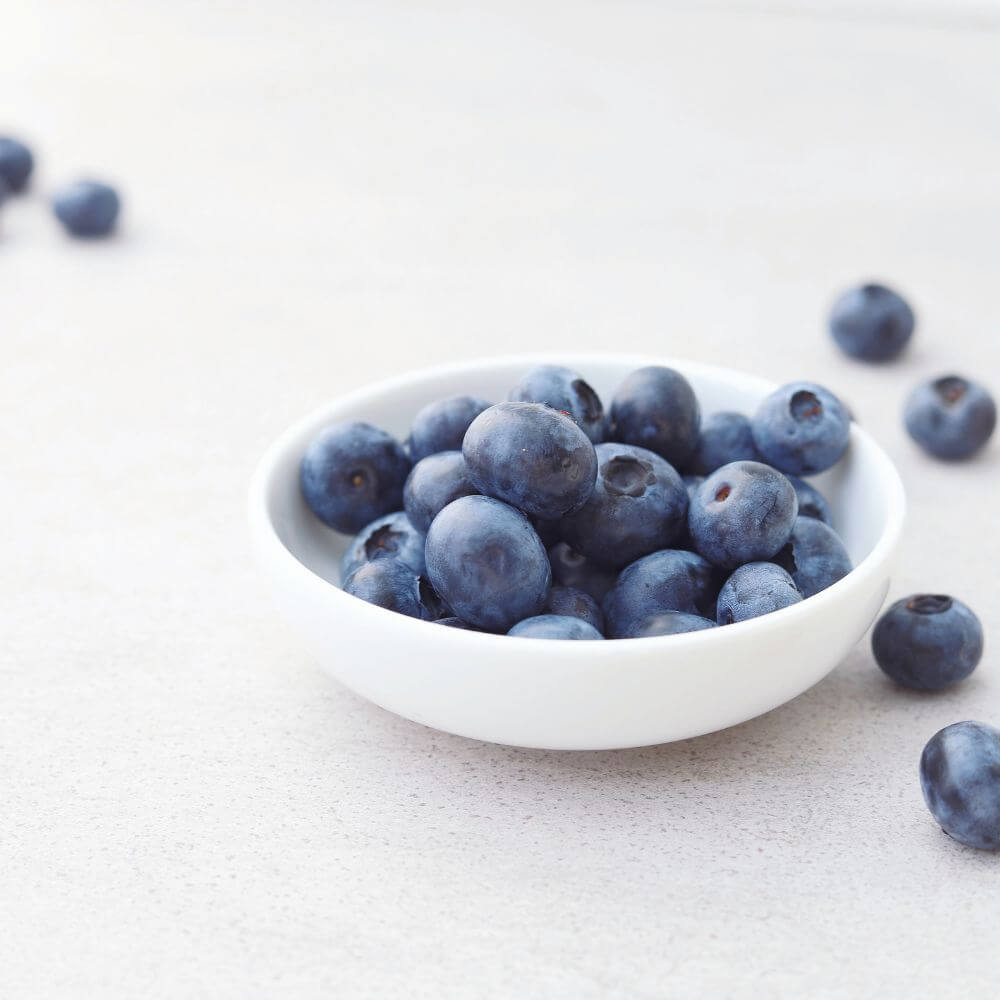
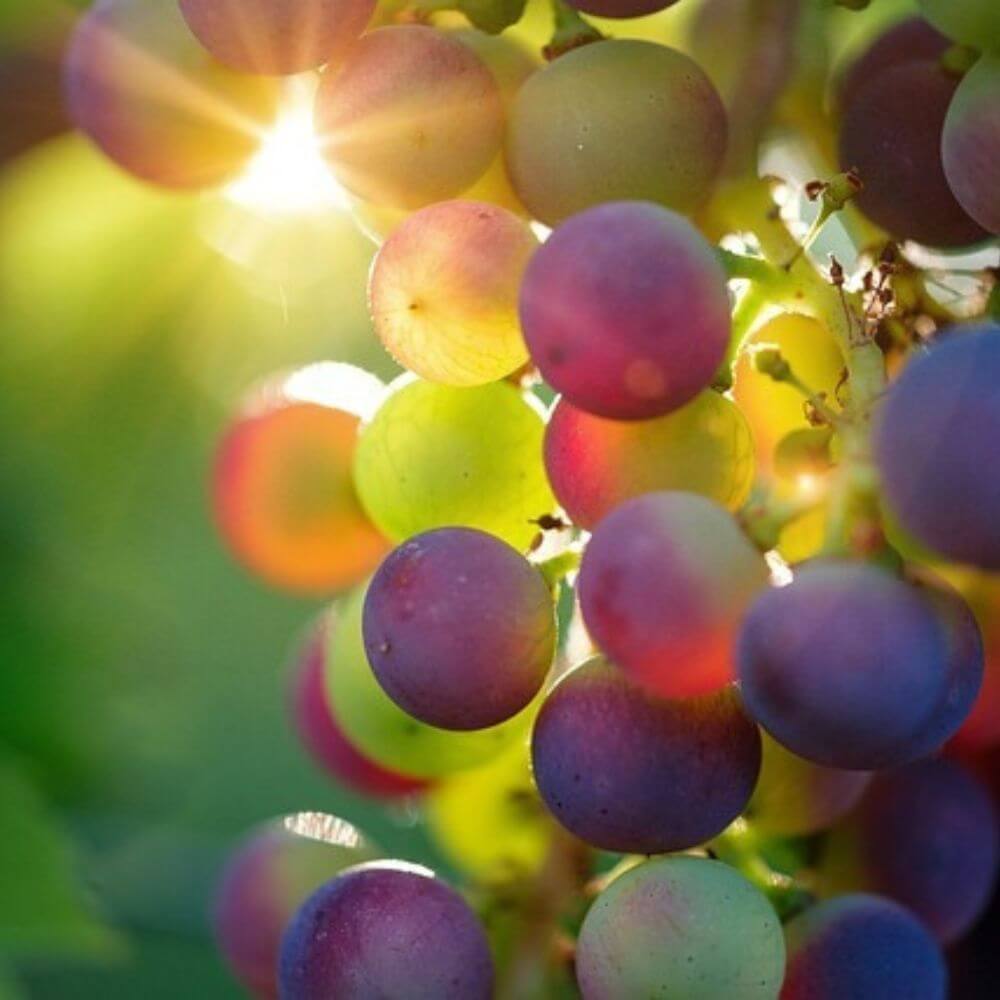
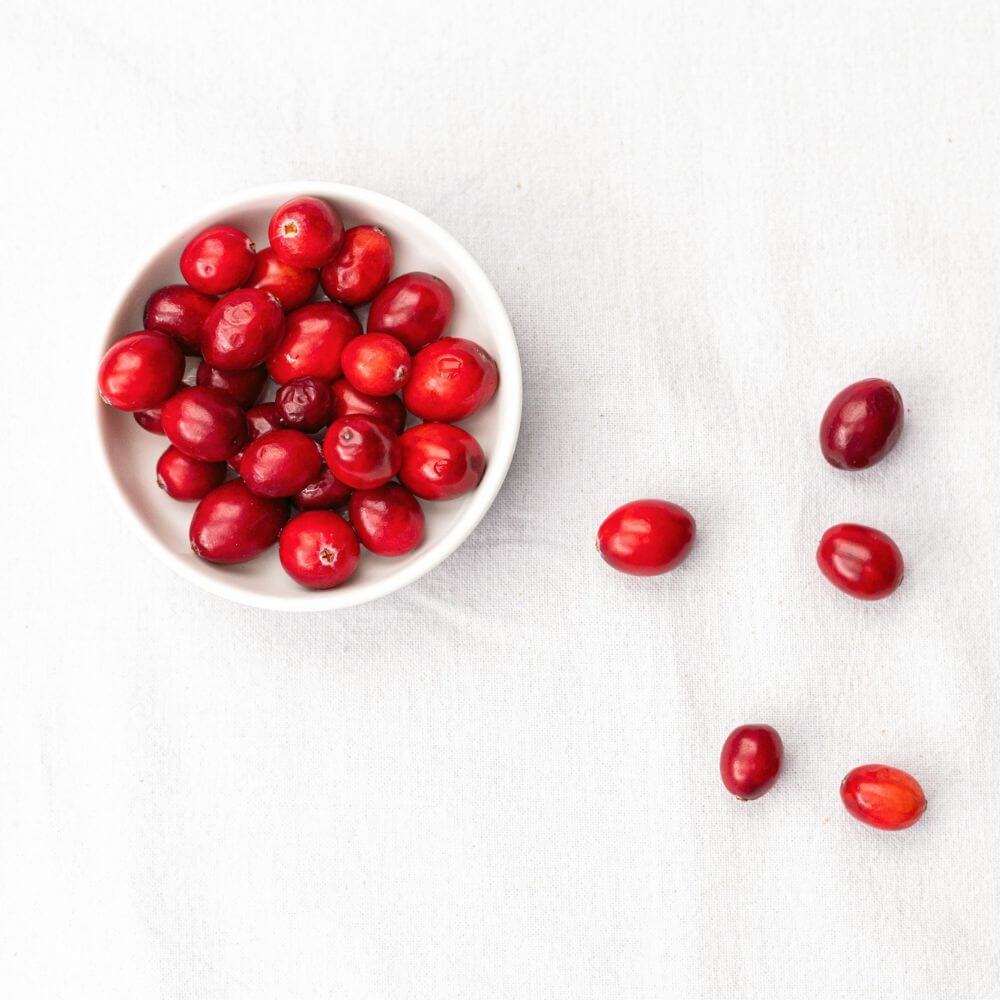
Stress And Antioxidants
As we age, our cells are exposed to various forms of stress, leading to degeneration and the eventual onset of age-related diseases.
Antioxidants are essential in the fight against this cellular decline, providing protection against free radicals and reducing the damage caused by inflammation.
Two powerful antioxidants, pterostilbene, and resveratrol have gained attention in recent years for their potential anti-aging benefits. But what exactly are these compounds and how do they compare?
Pterostilbene is a stilbenoid, a type of phytoalexin found in small amounts in certain fruits and nuts, including blueberries, grapes, and almonds. It is structurally similar to resveratrol and has been found to have similar antioxidant properties. Pterostilbene has been shown to reduce inflammation, lower blood sugar levels, and improve heart health. It has also been found to have potential anti-cancer properties.
Resveratrol, on the other hand, is a stilbenoid found in high concentrations in the skin of grapes, as well as in peanuts, blueberries, cranberries, and cocoa. It has been the subject of numerous studies, with researchers finding that it may have anti-inflammatory, anti-cancer, and anti-aging properties. Resveratrol has been shown to improve heart health, increase insulin sensitivity, and promote healthy aging.
Both pterostilbene and resveratrol have been linked to improved cardiovascular health effects, reduced inflammation, protection from cognitive decline, cancer prevention, and more. Grapes, contain both of these powerful nutrients in their skin so when eating a handful of grapes or grape juice you are benefiting from the sum total of all the beneficial components within them!
When it comes to food sources, both pterostilbene and resveratrol can be found in grapes, as well as blueberries, and peanuts. However, pterostilbene is also found in small amounts in almonds, while resveratrol can also be found in cranberries. In terms of potential side effects, both compounds are generally considered safe when consumed in moderate amounts. High doses may cause stomach upset, headaches, and other mild side effects.
Structural Difference
Pterostilbene and Resveratrol are both stilbenoids, which are a class of phytoalexins (compounds produced by plants as a defense mechanism against pathogens and environmental stressors). Both compounds have a similar chemical structure, but there are a few key differences between them. The main difference between pterostilbene and resveratrol is their chemical structure.
Pterostilbene is a dimethylated version of Resveratrol, meaning that it has two methyl groups attached to the stilbene structure. This small structural difference has been found to give pterostilbene some unique properties compared to Resveratrol.
For example, pterostilbene has a higher bioavailability, meaning that it is more easily absorbed and utilized by the body. It also has a longer half-life, meaning that it stays active in the body for a longer period.
Both compounds have been found to have potential anti-aging properties and various health benefits, but more research is needed to fully understand their potential and optimal dosage.

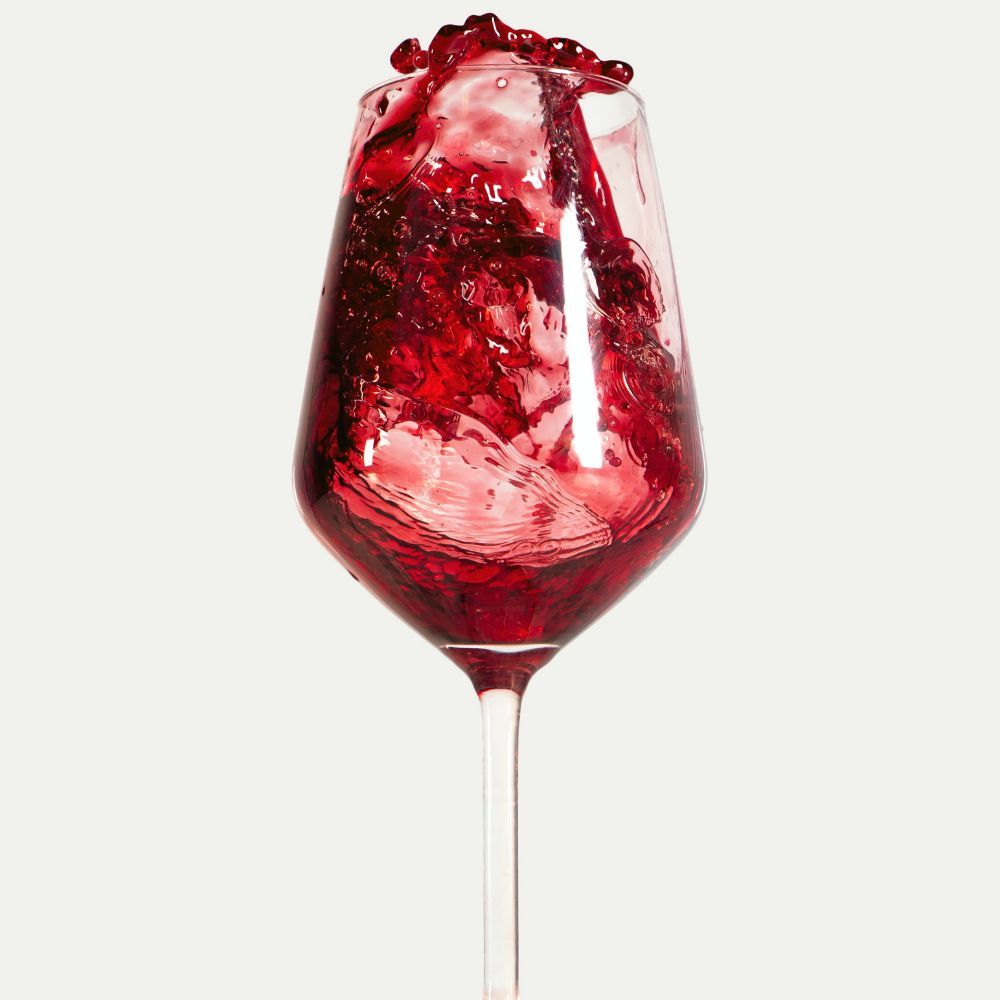
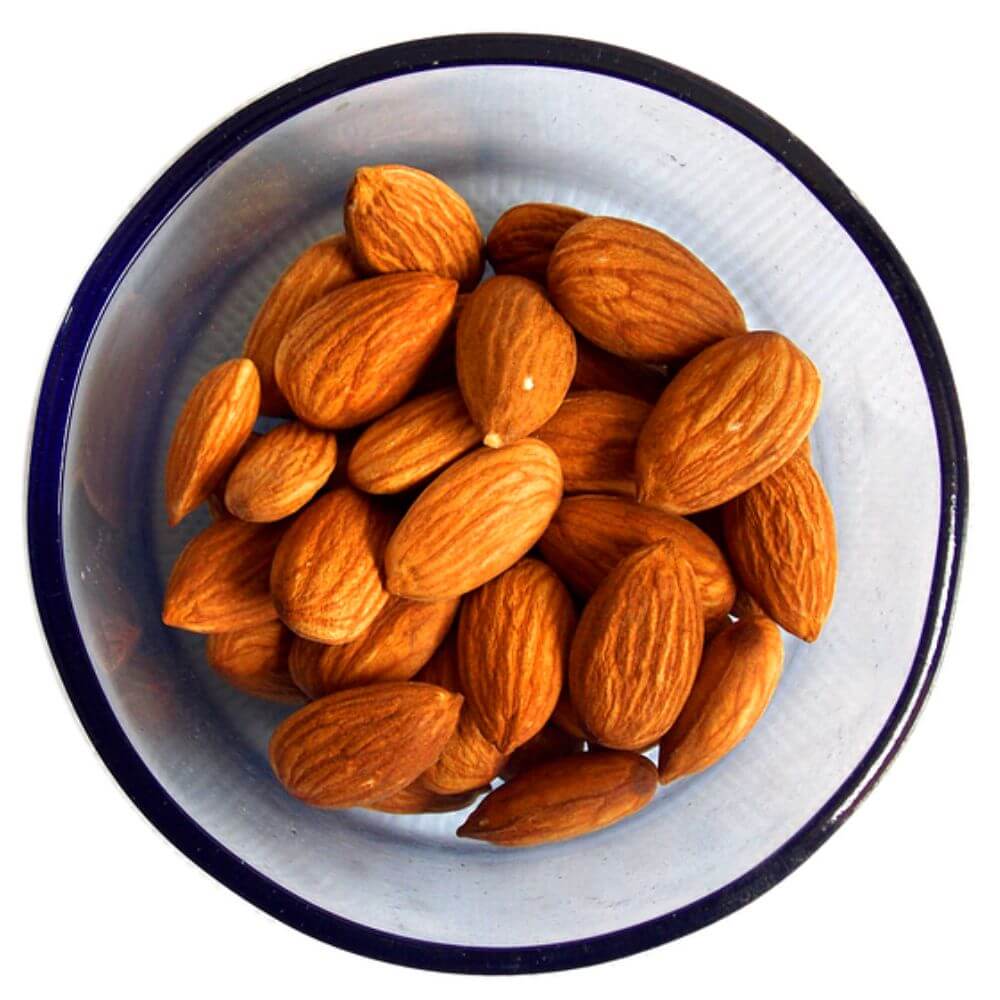
Aging Gracefully
Pterostilbene and resveratrol have been proven to offer numerous benefits when it comes to slowing down the aging process in humans.
Highly studied as powerful anti-aging agents, pterostilbene, and resveratrol do their work by fighting off oxidative stress from free radicals and reducing inflammation, both of which contribute significantly to aging.
Studies have linked pterostilbene and resveratrol to better cardiovascular health, healthier skin, stronger bones, and greater longevity.
Furthermore, these two substances have been proven to help delay the aging process by protecting cells from damage.
In particular, pterostilbene is especially beneficial for aging gracefully because it works with your body's natural mechanisms to keep cells healthy, thus slowing down the signs of aging.
Resveratrol also provides many anti-aging benefits. It helps fight inflammation, regulates blood sugar levels, reduces age-related vision impairment, and protects from environmental toxins.
Regular consumption of pterostilbene and resveratrol help protect against cell damage brought about by various cellular illnesses such as cancer, stroke, heart disease and more.
Further studies have also revealed that pterostilbene has a higher affinity towards binding with our cells than even well-known antioxidants like Vitamin C and Vitamin E. All this goes on to show that pterostilbene and resveratrol may well be the answer to aging gracefully while keeping ourselves healthy at the same time!
How Do They Compare?
Pterostilbene is showing great promise due to its ability to selectively modulate metabolic pathways, protecting from the age-related decline of cellular health.
Resveratrol has a wealth of established health benefits, including its ability to turn back the clock and suppress cellular aging, making it an exceedingly popular supplement amongst those looking to maintain their youthful vigor.
It's no surprise then that these two substances are presently embroiled in a close battle for recognition as a top-tier anti-aging compound - each providing valuable insight into the potential of polyphenols to fight off and delay age-related decline.

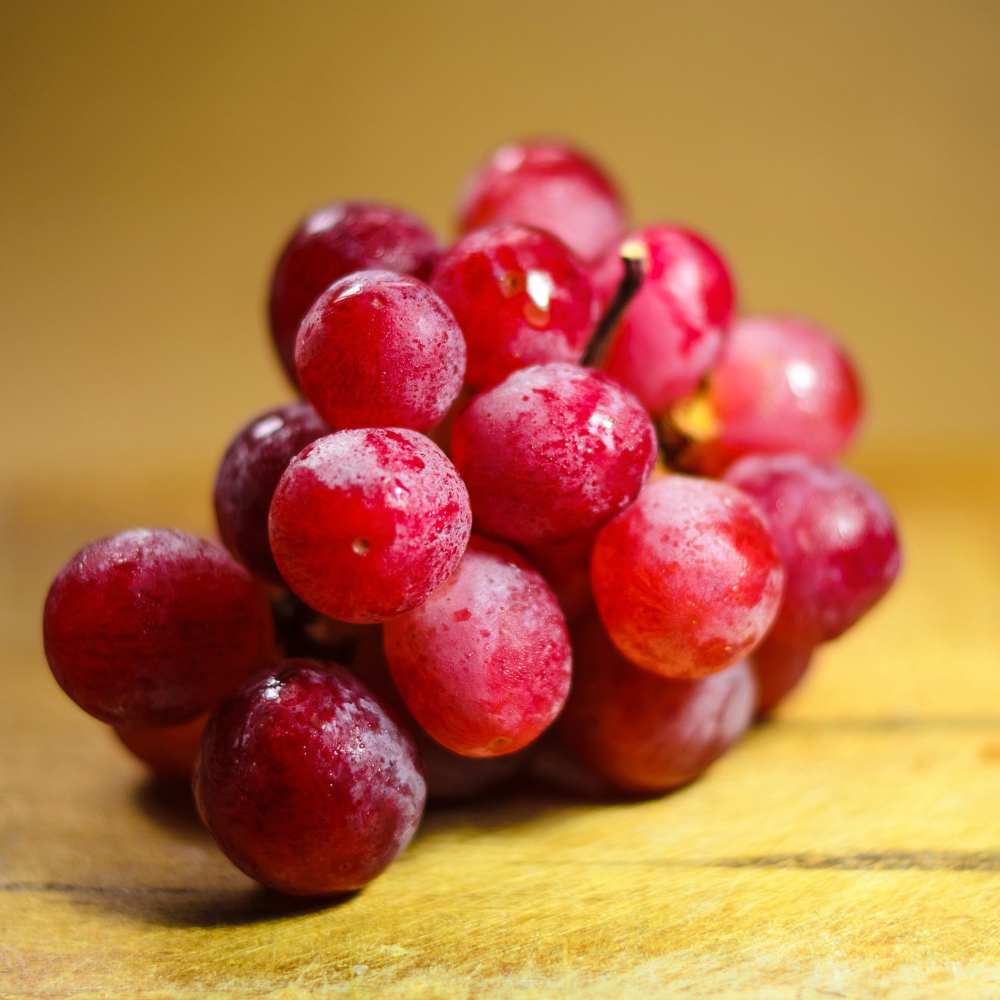
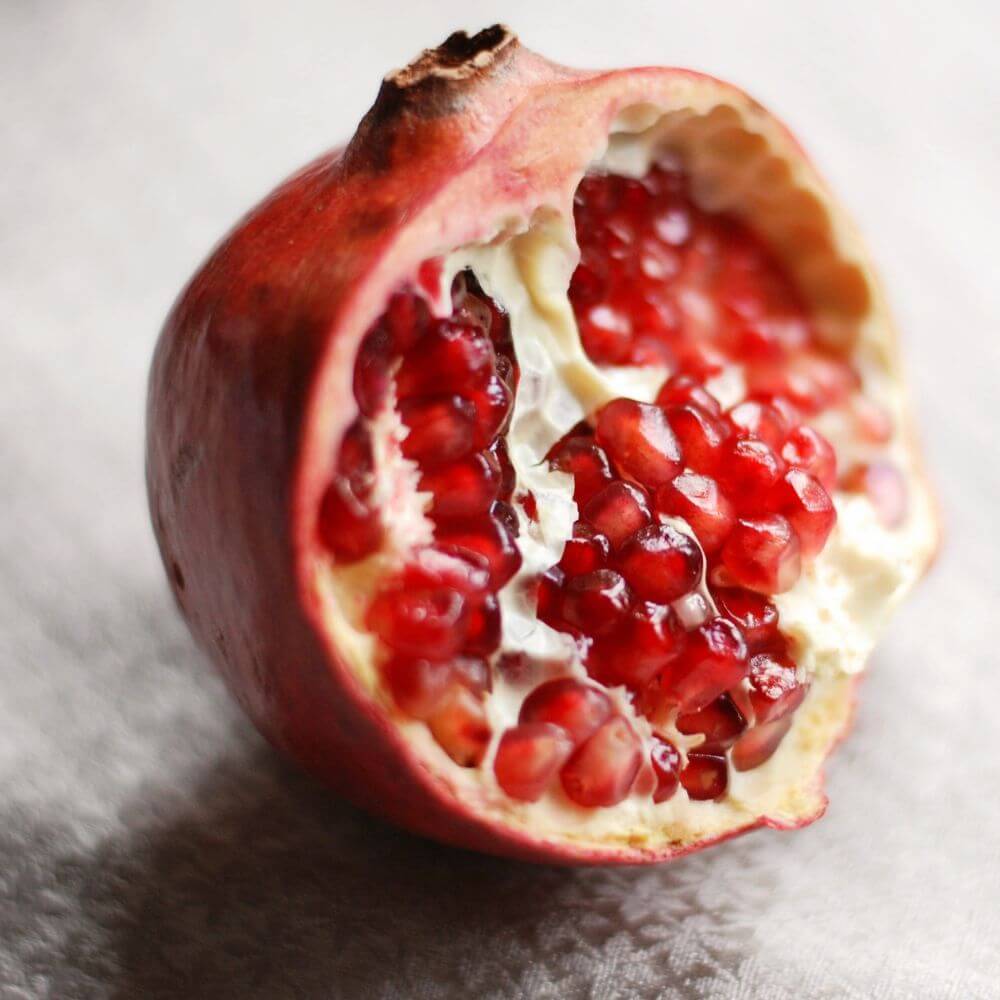
Any Side Effects Of Pterostilbene Or Resveratrol?
For those looking to supplement their diet with either pterostilbene or resveratrol, there are some things to consider before taking them. While both supplements can be beneficial in boosting overall health, it's important to be aware of any potential side effects that may arise from consuming either type of supplemen
In general, pterostilbene can lead to digestive upsets, nausea, headache, and fatigue; however, resveratrol is not known for any serious side effects. If you do decide to take a pterostilbene supplement, it’s recommended to start with a lower dosage and work your way up as needed to limit or avoid potential discomfort or adverse reactions. Consulting with your doctor or pharmacist is also highly recommended before taking either one of these supplements.
Which One Should You Take - Or Both?
If you're looking to reap the benefits of pterostilbene and resveratrol, then the answer is - you can take both!
Taking pterostilbene and/or resveratrol will support you in enjoying the many benefits these powerful and nutrient-dense substances have to offer. Depending on your body's unique needs, taking one or both may be beneficial for you.
All in all, it's up to you to research and decide which nutrients are best for your lifestyle. But don't forget - even better results could await if you opt for both pterostilbene and resveratrol!
Bottom Line
Pterostilbene and resveratrol are two powerful substances found in grapes that offer a host of health benefits, particularly when it comes to aging gracefully. These substances work closely together to fight against the damaging effects of free radicals, helping to keep our cells healthy and our bodies looking young.
While both pterostilbene and resveratrol are excellent choices for those interested in adding an anti-aging supplement to their routine, they do have some slight differences - pterostilbene is slightly more potent than resveratrol, but resveratrol is better absorbed by the body?
If you're looking to add one (or both) of these superfood supplements to your wellness regimen, why not add them to your WellnessWishlist today?
You Might Also Enjoy Reading This!
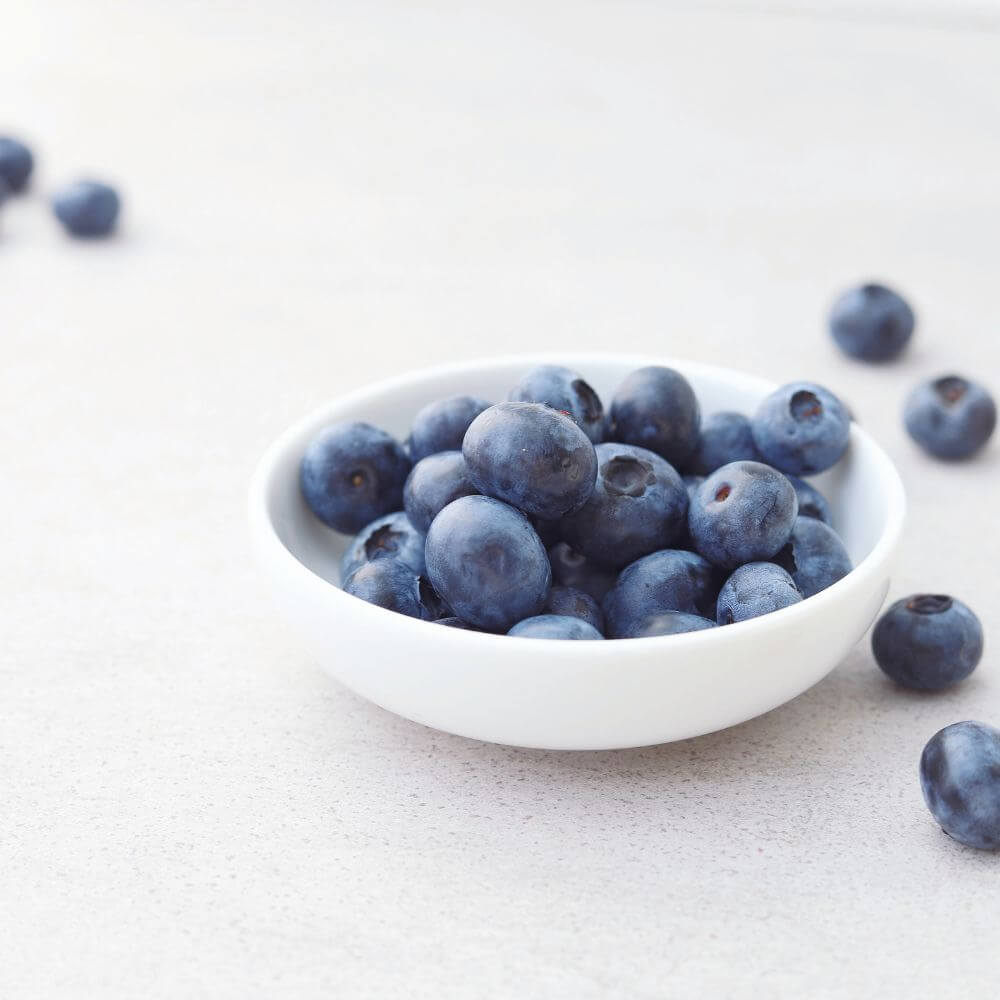
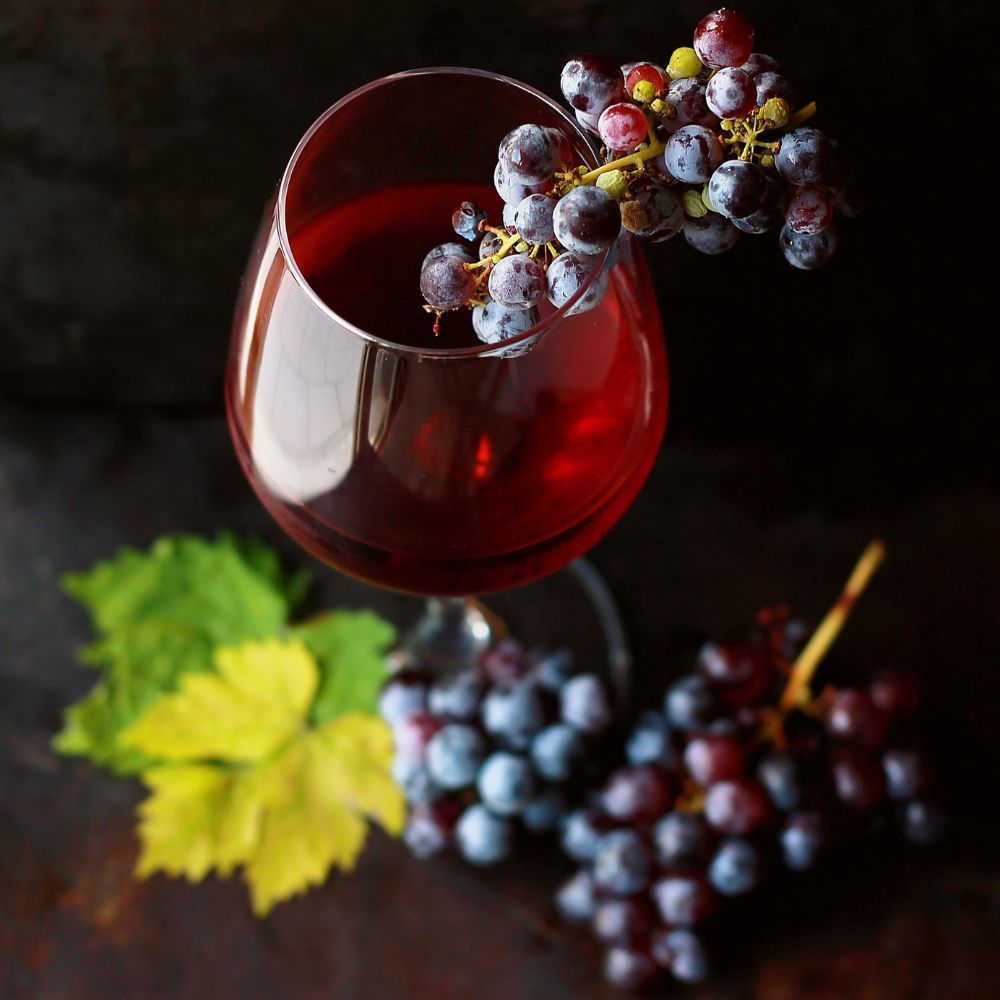
Disclaimer
Each of these products has been very carefully reviewed and selected by us at WellnessWishlist. All opinions in this article are our own, and we're proud to share them with you, however, all content is meant only to be informative and should not be taken as medical advice, nor used to diagnose, treat, and or prevent any health conditions. As Amazon associates we may collect compensation from the affiliate links on this page, through qualifying purchases (that's how we stay in business). We truly hope you enjoy finding the next addition to your WellnessWishlist!


